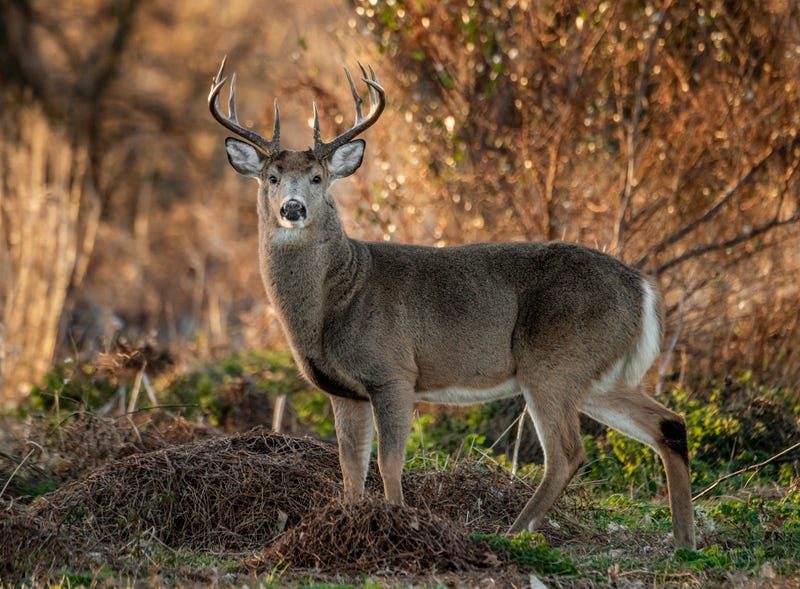
LANSING (WWJ) - State officials are warning consumers against buying illegal venison through online marketplaces after Michigan's firearm deer seasons concludes at the end of the month.
The Michigan Attorney General's Office along with the Michigan Department of Agriculture and Rural Development (MDARD) are urging residents to pay attention to where they're getting venison, processed venison products and any meats from as online purchases can come from unlicensed facilities and increase the risk of foodborne illness.
“Many people assume food items sold online are from licensed and inspected, companies, but this is not always the case,” said Jennifer Bonsky, MDARD Food and Dairy Division acting director. “Before you buy any food, and at this time of year particularly venison, make sure the food was processed at a facility licensed by MDARD. Our staff works tirelessly to make sure businesses are following the law to keep your food safe and family healthy.”
When food products are not properly handled or packaged, they run the risk of becoming contaminated with organisms like E. coli, officials added. E.coli infections can results in serious illness and even death.
Licensed and inspected facilities properly package, cook and store foods which reduce the risk of catching a foodborne illness.
"In Michigan, there are a few ways to legally sell venison, elk meat and meat from other cervids," state officials stated. "The Michigan Department of Natural Resources (DNR) licenses and regulates game ranches across the state. Deer and elk from these DNR-licensed facilities can be processed at a meat processing facility licensed and inspected by MDARD and sold through MDARD-licensed retail grocery stores or wholesale facilities, with proper labeling, as required under the Michigan Food Law."
Hunter-harvested deer can be taken to any MDARD-licensed meat processor and have it ground meat or sausage where fat from other animals and spices are added. The processors can also create other value-added items such as jerky, smoked meats, etc., but this requires a special variance issued by MDARD, along with a food establishment license.
Hunters may choose to take their kill to a custom meat processor that doesn't have a license to have the meat cut and wrapped, but it can only be used for personal consumption or use by the hunter.
The meat can be shared among family and friends, but cannot be resold and its market as "Not for Sale."
If further processing like grinding with added fat, sausage making, or smoking is needed, the processor must be licensed.
“The best way to tell if venison being offered for sale is being sold legally is to look at the label,” said Bonsky. “A proper label will list ingredients, weight of the product, the name, address and contact of the licensed food business, and have a ‘best by’ date, if needed. You can also ask to see a copy of the seller’s food license.”
For more food safety tips and information, visit www.Michigan.gov/foodsafety. MDARD also has a venison processing guide for retail food establishments. Visit the DNR’s deer hunting page for information about hunting seasons, licensing and much more.
